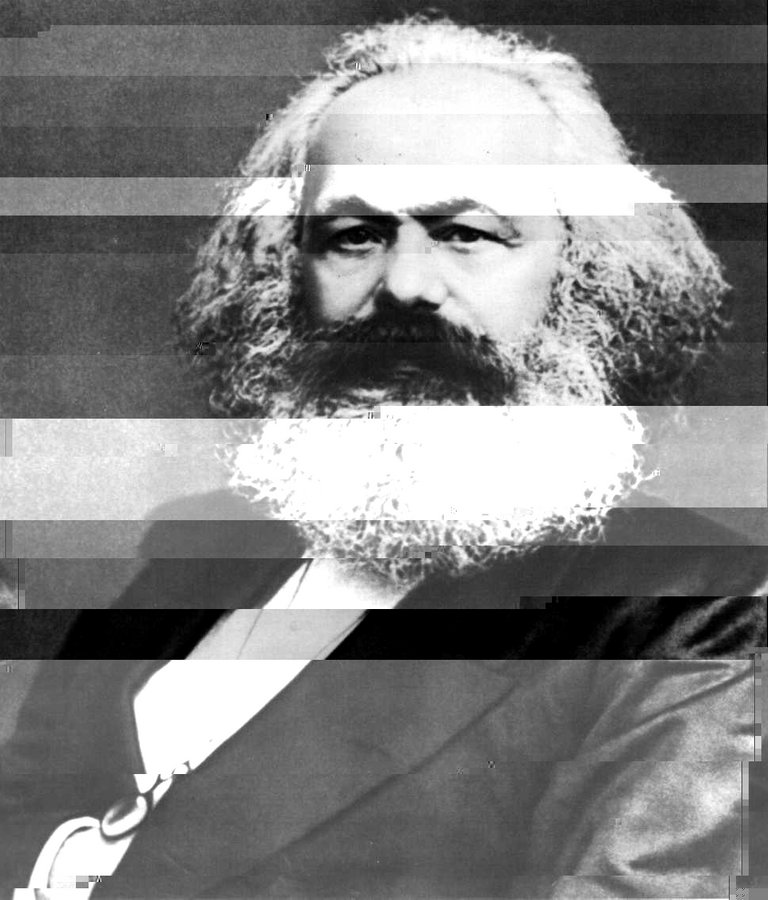Recently I purchased the book “Digital Labour and Karl Marx” by Christian Fuchs, which aims to study the role of computers and the internet in our working environments and how the theory of work and labour has changed as a result of digital systems replacing and reworking traditional methods of work.
The topic has been something that has interested me for some time - that some day technology will replace actual people in many forms of work, and what affect that will have on the population’s lives. Can it free people from the graft of manual labour, allowing more time for creative and recreational pursuits without the need to worry about the next pay cheque? Or will it cause mass unemployment to the point that governments must take on the burden of welfare to support them, whilst people must fight for scarce work in order to feed and clothe themselves and their families?
In the end it comes back to sustenance and security, this does not solely revolve around money itself however money would obviously be an integral role until systems of distribution are developed that do not rely on the exchange of currency as we know it. With the rapid development of technology, how will people be provided for in an age where increasingly digital processes can take care of managing and overseeing things that today are reserved for a human workforce?
The concepts of Capitalism and Communism will find new grounds in the digital age, this is really the fight for the path towards technological utopia vs dystopia. Will we have a world in which the basic needs for the people to live are met allowing people to busy themselves in new forms of work and play, or will multinational corporations control the resources of the planet pandering to shareholders and the pursuit of profit, selling back to the population and subjugating them?
Hopefully this book can explain some of these questions.

we have two options, communsim or death.